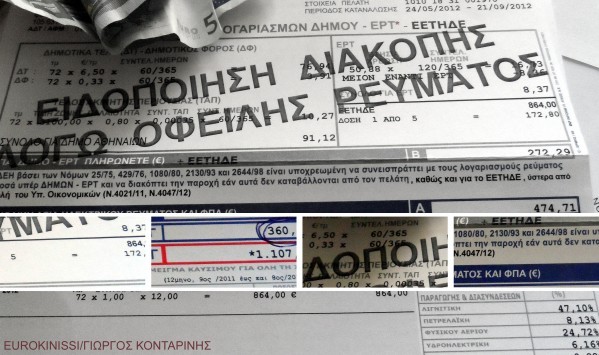Just when the government touts its miracle economy!
Spain will hold do-or-die general elections on December 20. The Rajoy government hopes that recent improvements in economic performance will be enough to cast its gargantuan political scandals to the back of voters’ minds.
The economy is firing on all cylinders, it claims. To paraphrase Finance Minister Cristobal Montoro, Spain’s economy should serve as a shining example to the world. It is expected to grow by 3% this year, no mean feat in a region plagued by sub-par growth.
However, not everybody’s buying the government’s version of reality: poverty is growing at a startling rate, unemployment continues to hover on the wrong side of the 20% mark, and public debt is almost three times what it was at the beginning of the crisis [read: Six Nagging Facts About Spain’s Recovery].
To make matters worse, the European Commission has just pointed out, albeit as quietly as possible, that despite all the untold billions spent over the last four years trying to save Spain’s rickety financial system, the risk exposure of Spanish banks remains inordinately high. Many banks have been caught engaging in “abusive” mortgage lending practices and could end up having to pay back customers billions of euros.
But not until after the elections!
For years now, Spanish banks have been featuring so-called “floor clauses” in their variable-rate home mortgages, often without informing homebuyers. The variable rate is usually based on Euribor plus a differential. But these clauses set a “floor” or minimum interest rate that clients have to pay the bank, even if Euribor drops far below that figure. And in today’s zero-interest-rate environment, with Euribor at 0.05%, that can make a big difference.
…click on the above link to read the rest of the article…












